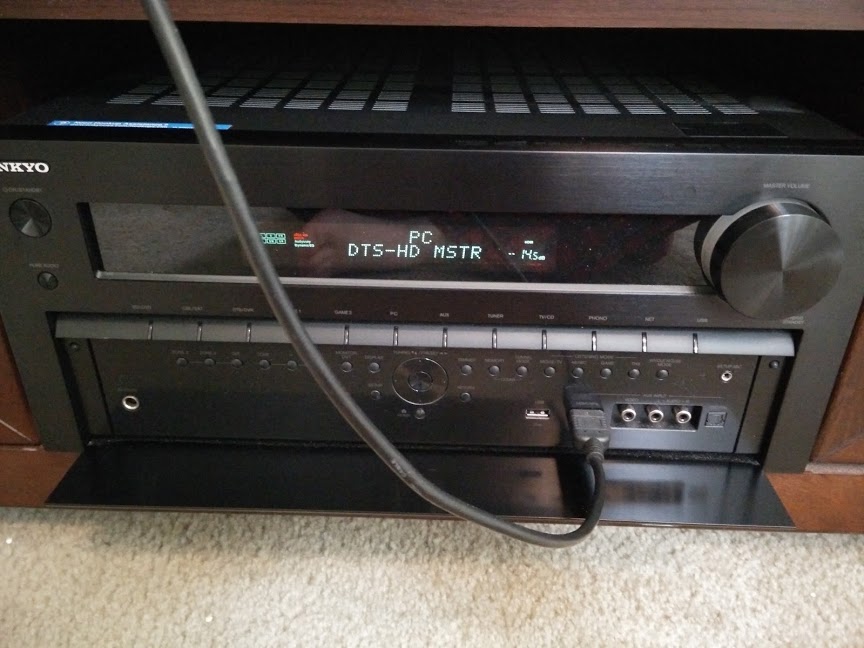A Bit of Ubuntu
It's bad enough that my Dell OptiPlex 3020 Micro doesn't like me. Actually, maybe it's not the Dell's fault---it's probably a bit more like Windows 8.1 hates me.
It wouldn't be the first time that I've had an issue with Kodi, Windows 8.1, and my home theater system teaming up to cause me unbelievable grief. The Dell didn't like sleeping very well, and no matter what options I set in Windows and Kodi would solve it.
The Install
A quick download from Ubuntu got me a copy of the 64-bit version. Another quick download from the LinuxLive USB Creator took the ISO image and tossed it onto a USB thumb drive.
The install went well as I destroyed the NTFS partitions and put some good, old-fashioned BTRFS partitions in their placed. In fact, even the small step of disabling Ubuntu's deal with the devil---Amazon and such---didn't annoy me.
The Setup
I added the Kodi PPA to Ubuntu, added my custom settings via the advancedsettings.xml file and got ready for some...
...crap. The GUI stuttered, my audio was being destroyed, and there was some severe tearing involved. It was everything that you don't want to see with a home-theater PC.
xorg.conf Configuration for Intel
I'm looking at the integrated GPU on the Intel Core i3-4150T (the Intel HD Graphics 4400). It shouldn't have an issues with content playback. It should be happy.
It's not.
First thing: take care of the screen tearing. This took a bit to track down, and it only required a small bit of text in the /usr/share/X11/xorg.conf.d directory. Just copy the text below into the 20-intel.conf file and after you restart X, everything should be great.
Section "Device"
Identifier "Intel Graphics"
Driver "intel"
Option "AccelMethod" "sna"
Option "TearFree" "true"
EndSection
PulseAudio and Passthrough
It's a lie, you can't use PulseAudio to push DTS-HD Master Audio and Dolby TrueHD Audio through HDMI. You don't have to like it, but it's the unfortunate truth.
A quick way around it is to create a quick startup script that will let you disable PulseAudio, enable ALSA, and get Kodi up and running without too much issue.
#!/bin/bash
AE_SINK=ALSA pasuspender -- kodi
Actually, it's a bit less than a script. Technically it's more of a one-liner.
Results
This is a movie that's currently playing on my HTPC. I think the results speak for themselves.

Final Configuration
- Receiver: Onkyo TX-NR818
- Speakers
- Center: Klipsch RC-42 II
- Front: Chane A3rx-c Floorstands
- Surround: Bose 301 (series IV)
- Subwoofer: Klipsch RW12D 12" subwoofer
- Television: Samsung PN58C550T2F (58" Plasma)
- HTPC: Dell Optiplex 3020 Micro (Ubuntu/Kodi)
- Media: Nexus Player (Plex/Netflix/Google)